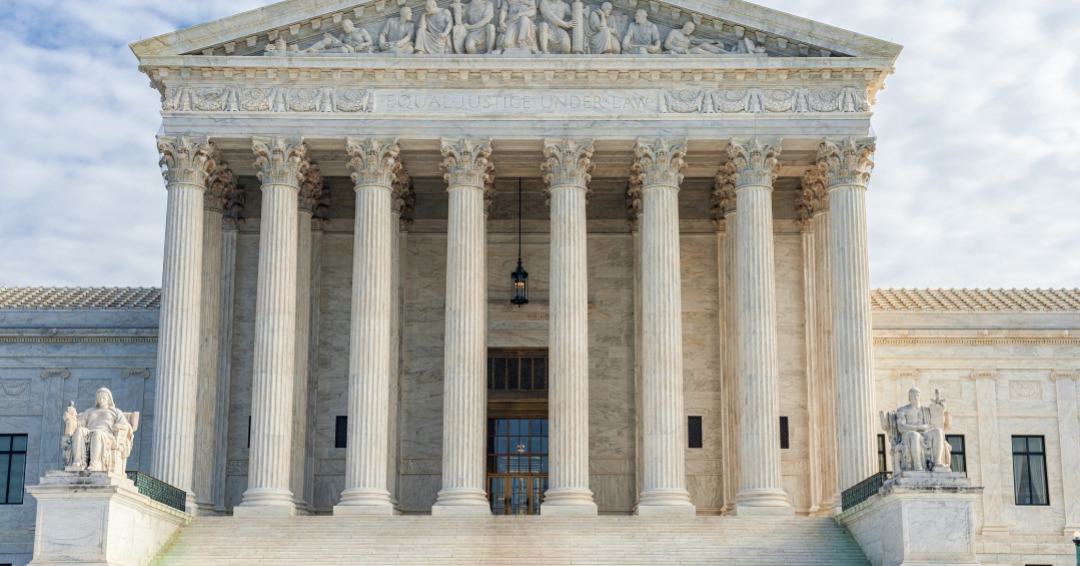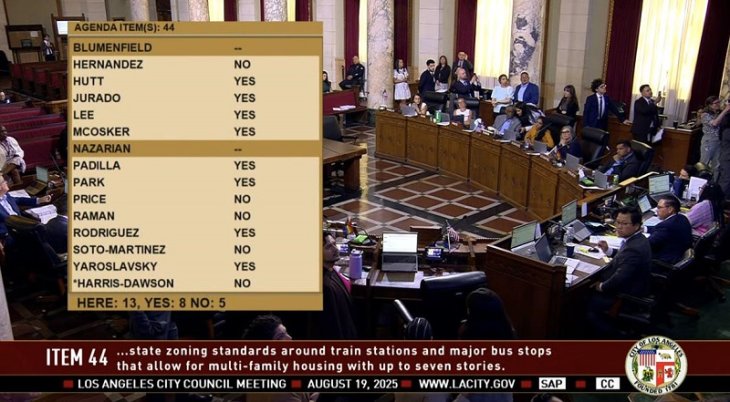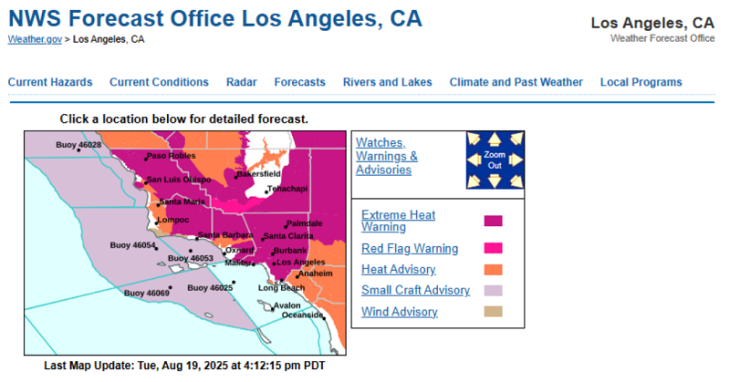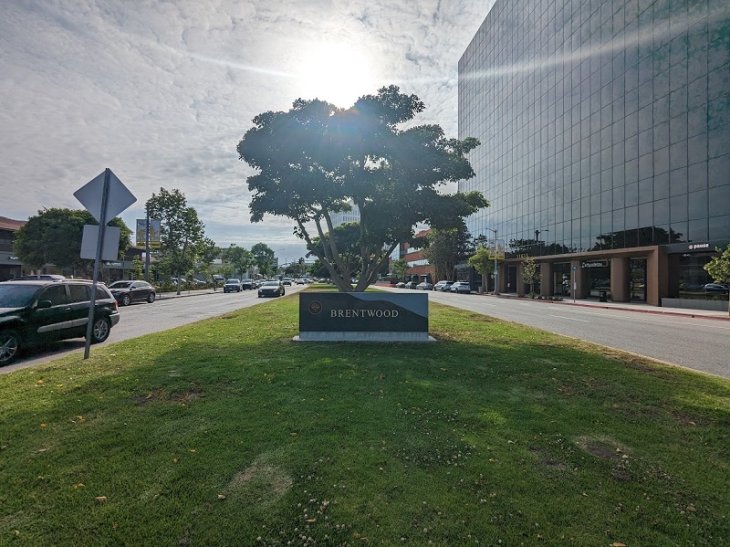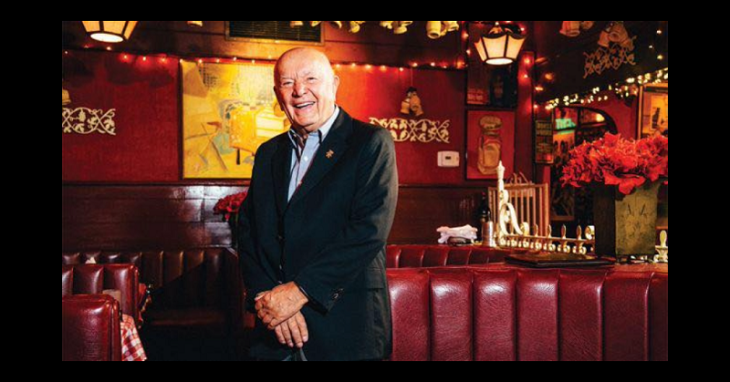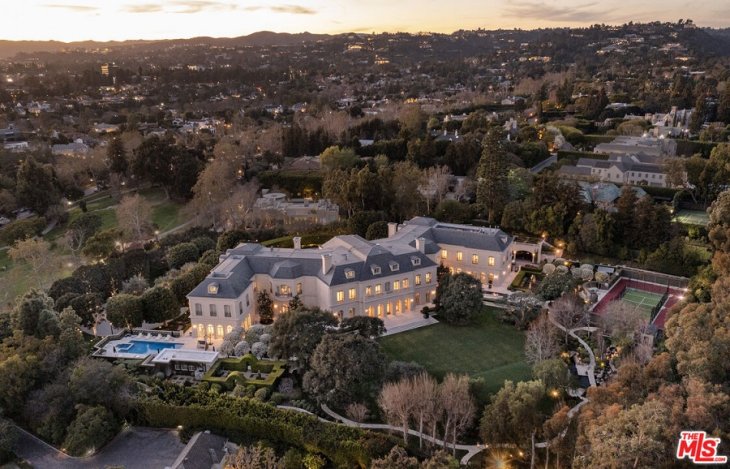New York Landlords’ Bid to Challenge Rent-Control Laws Fails
The U.S. Supreme Court declined to hear a significant property rights challenge to rent-control laws in New York City and beyond, which grant tenants the right to remain in apartments at below-market rates for extended periods. A group of New York landlords argued that the combination of rent regulation and long-term occupancy violated the constitutional prohibition on the taking of private property for public use.
The lawsuit, brought by owners of small and midsize apartment buildings in New York City, contended that recent changes to rent-control laws essentially stripped them of ownership rights. The owners highlighted 2019 amendments that made it more challenging to exclude tenants even after lease expiration. These amendments also included situations where the owner claims to require space for their family members.
The Supreme Court’s decision not to take up the appeal means the existing rent-control laws stand. Justice Clarence Thomas issued a partial dissent, emphasizing the constitutional concerns surrounding regimes like New York City’s. However, he noted that the landlords failed to provide evidence of being prevented from evicting tenants for specific reasons.
The ruling’s potential impact was significant, as it could have influenced a million rental units in New York City and had repercussions in California, where rent control laws are present in various cities, including San Francisco, Los Angeles, San Jose, Oakland, Sacramento, Santa Monica, Berkeley, Pasadena, Alameda, and Beverly Hills. The California Apartment Assn. had urged the Supreme Court to hear the case, underscoring the widespread implications for its members.

